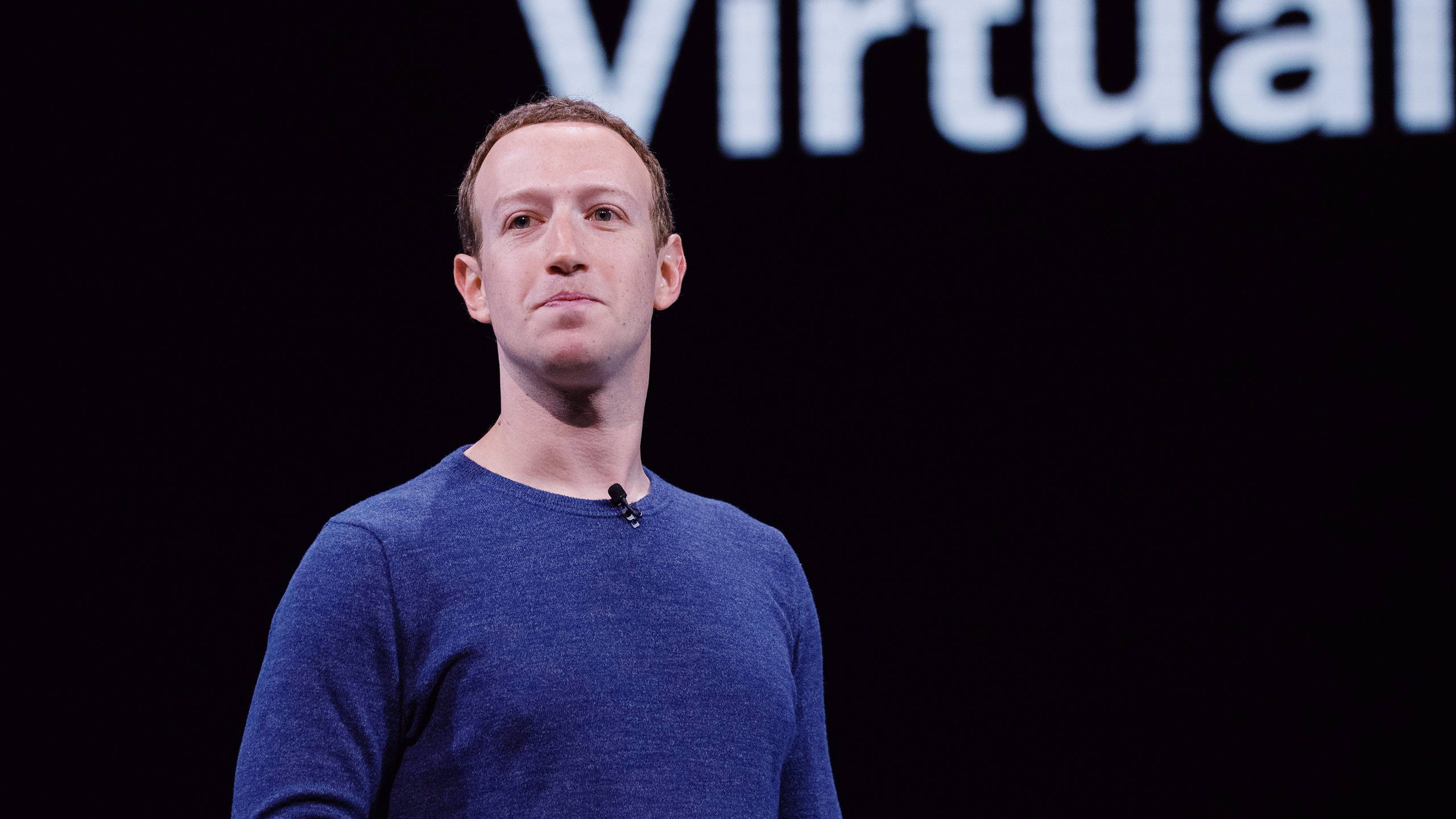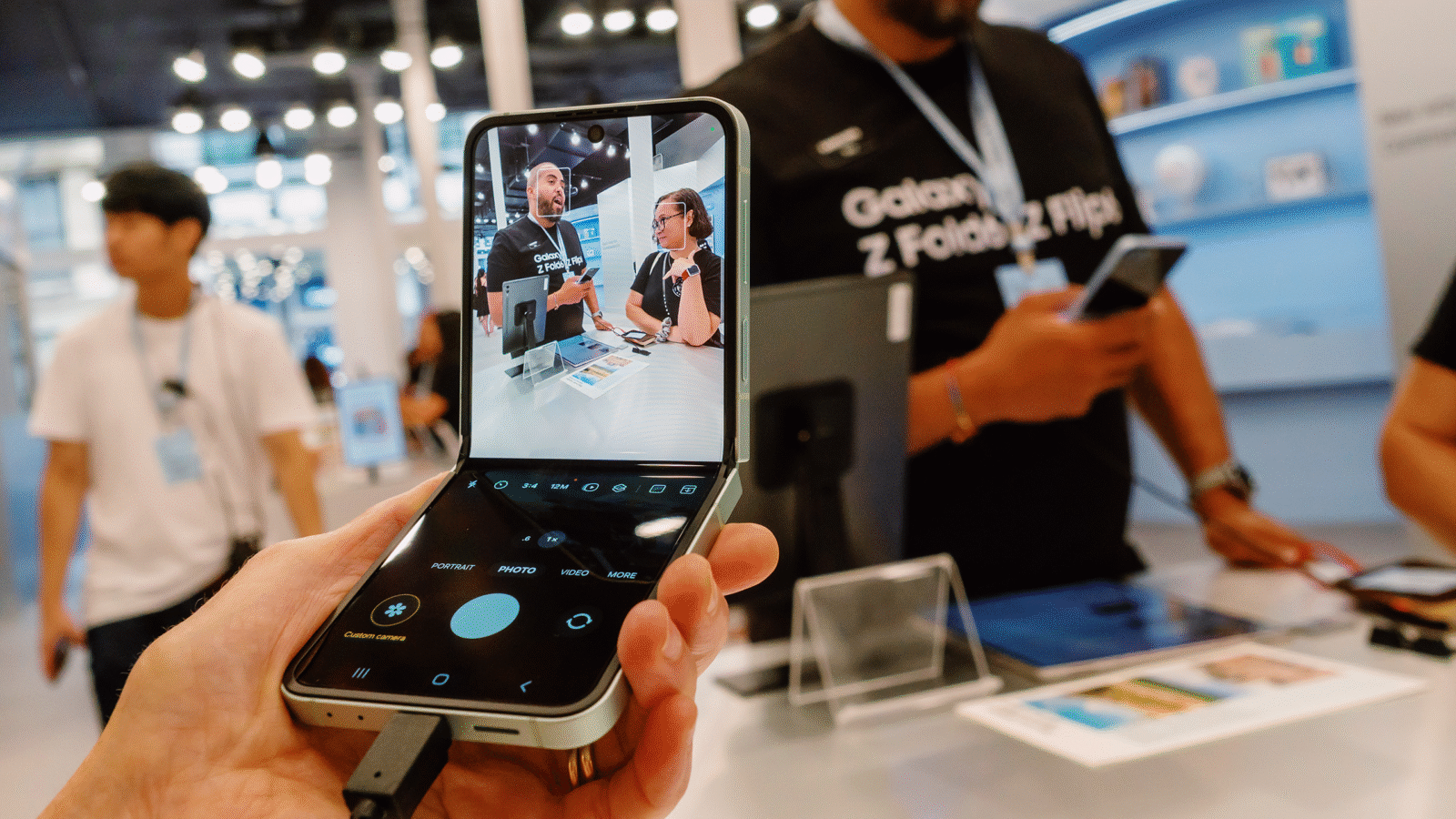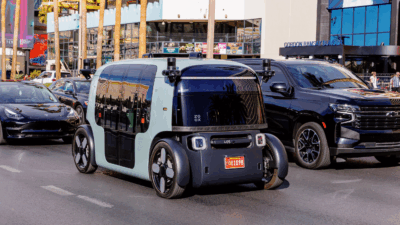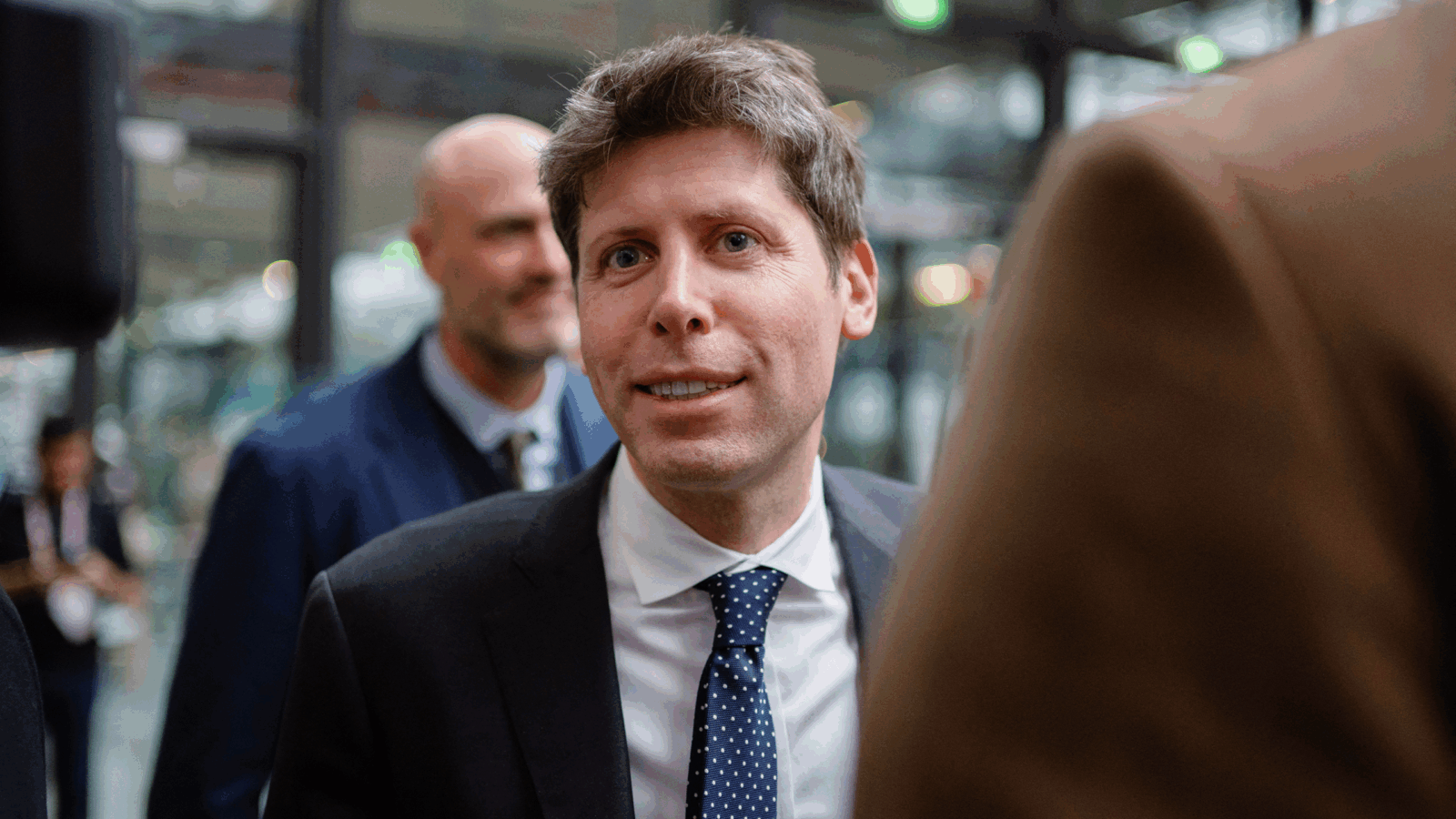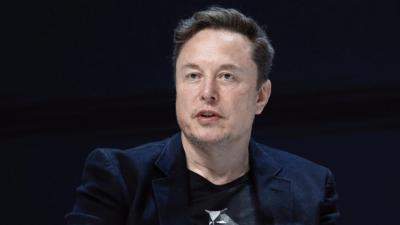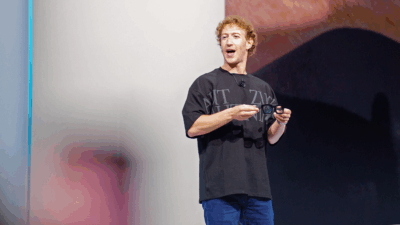The AI Talent War Is Supercharged
Some candidates with experience in large language models can reap salaries in excess of $1 million a year.
Sign up for smart news, insights, and analysis on the biggest financial stories of the day.
If you know your way around AI software, they’re coming after you.
Job candidates with experience in making large language models, the systems that underpin glamorous generative AI tools like ChatGPT, are like gold these days. The Wall Street Journal reported on Wednesday that candidates with a solid background in LLMs can easily reap annual salaries of more than $1 million, and companies are aggressively poaching talent. But will the salaries keep up with the hype?
Poaching Season
Big Tech companies are used to a little light poaching — after all, they recruit from the same pool of skilled engineers and developers. But for AI, the talent hunt seems to have gone to the next level. The Information reported this week that Meta CEO Mark Zuckerberg has personally been sending emails to researchers at Google’s DeepMind AI research unit to entice them over to Meta. Earlier this month Mustafa Suleyman, a cofounder at DeepMind, jumped ship to Microsoft.
Even by Big Tech’s historically opulent standards, the job offers are eyebrow-raisingly rich. And they stand out even more as the rest of the tech industry is still weathering rounds of layoffs that started in 2022, as the pool of LLM professionals is much smaller than the overall tech workforce:
- Zuhayeer Musa, cofounder of tech recruiting company Levels.fyi, told the WSJ that the median salary for six people who were offered jobs at Chat GPT-maker OpenAI was $925,000. He added that across 344 machine learning and AI engineers with jobs at Meta, the median remuneration was $400,000.
- The biggest of the big tech companies aren’t the only ones aggressively chasing talent. Food delivery platform DoorDash hired a handful of senior employees from AI startup Standard AI, Bloomberg reported on Wednesday. DoorDash’s AI work will focus on allowing restaurants to take phone orders — which would be a wonderful bit of technology. Imagine calling up a restaurant and they send you food? What a time to be alive.
None Left Over: Big Tech may not have the same deep cash reserves as before, but they can still outbid your average employer. Especially when that employer is a government regulator with budget constraints. Chris Stokel-Walker reported for Wired earlier this month that although world governments are eager to create AI watchdogs, hiring for those new entities is extremely tough given candidates can do better working for tech companies. “There’s a brain drain happening across every government across the world,” Nolan Church, CEO at salary tracking company FairComp, told Stokel-Walker.
